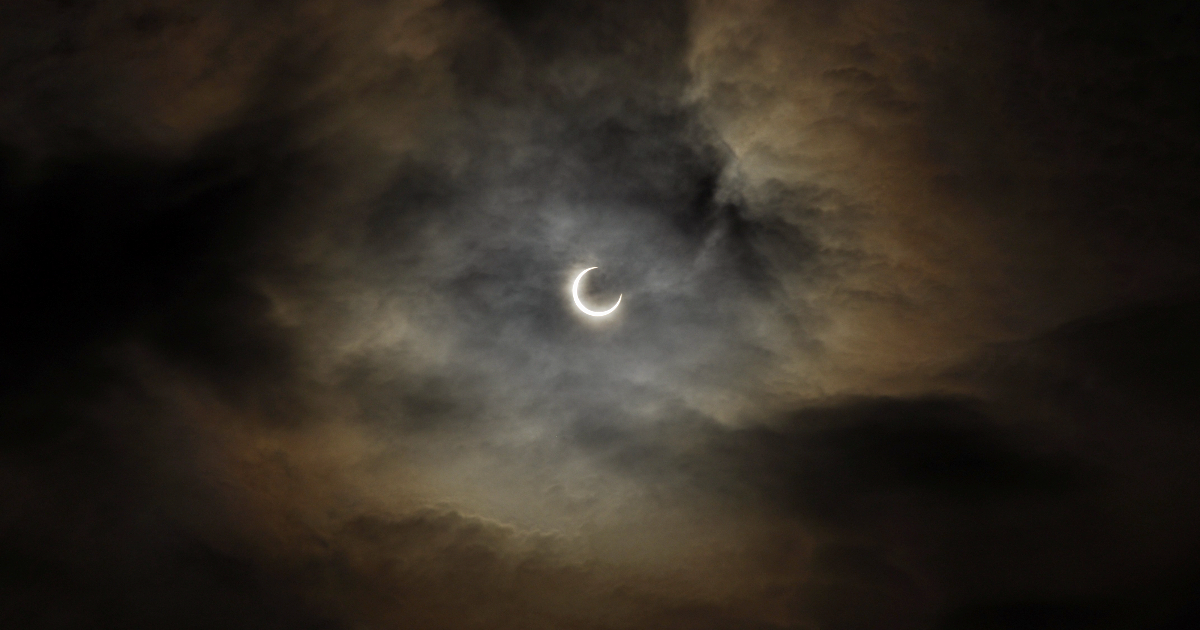
The astronomical phenomenon that paralyzed the world on April 8, the solar eclipse, left many viewers with their eyes set on the next event.
In Spain, the wait will be until August 12, 2026, when you can enjoy a total solar eclipse, an event that has not occurred on the peninsula since 1959, according to the magazine National Geographic.
Be careful, the next day will mark the centenary of the birth of Fidel Castro, the Great Eclipse in the history of the Republic of Cuba!
This next eclipse will be visible from numerous Spanish locations, from La Coruña to Palma, and will extend through Galicia, Asturias, Cantabria, Castilla y León, Zaragoza, Valencia and beyond.
However, capitals such as Madrid and Barcelona will be left out of the equation to observe the total eclipse, while others, such as Oviedo, will enjoy the longest duration of the total phase, with 1 minute and 48 seconds.
After this event, astronomy lovers will not have to wait long for the next show in the Spanish skies. In 2027, on August 2, another partial solar eclipse will be visible from the entire peninsula, with Andalusia, Ceuta and Melilla having the privilege of witnessing the total phase.
Pay attention! Experts warn that these events are unique opportunities. The next total solar eclipse that can be observed from Spain will not occur until September 12, 2053. Meanwhile, in 2028, there will be an annular eclipse, six months after the last solar eclipse.
Observers of these events should remember to take precautions and use approved protection to avoid eye damage. Solar eclipses are exciting times for science and human curiosity, and these upcoming events are sure not to disappoint those eager to look up at the sky. Mark your calendars and get ready for a once-in-a-lifetime celestial spectacle in 2026 and 2027!
What do you think?
COMMENTFiled in: